At CityTutor DC, we know that great tutoring happens when tutors, schools, and caregivers work together. This resource hub is here to help you—whether you’re a tutor looking for best practices or a caregiver wanting to support your child’s learning at home. You’ll find tools, training materials, and guides to make sure tutoring is aligned with what students need most.
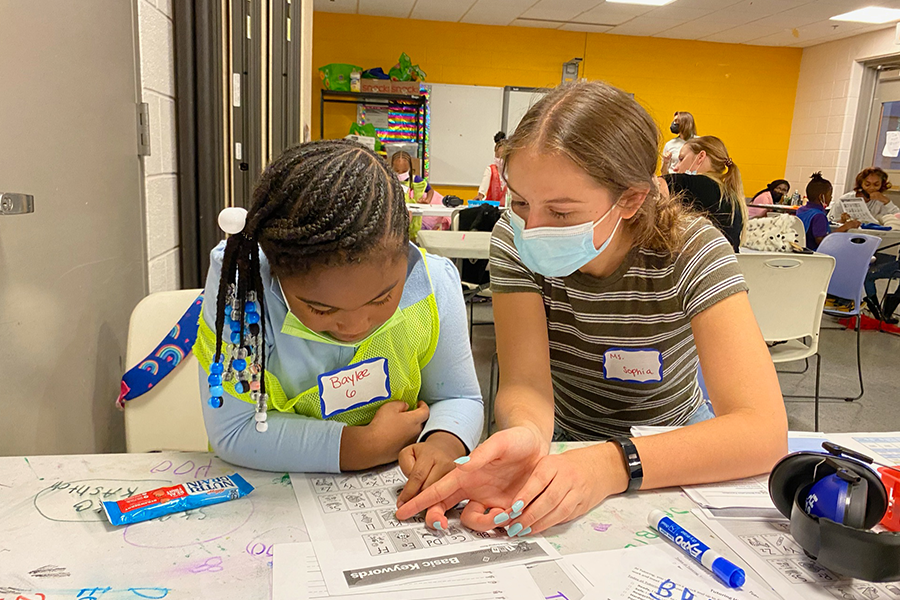
This 90-minute training is designed to help tutors better understand the context in which they tutor, learn what it means to tutor for high-impact, review best practices, and dive deeper into a specific content area of interest.
This toolkit offers a comprehensive library of free, research-based resources to help tutors build essential skills and improve student outcomes. From lesson planning guides to strategies for fostering strong student relationships, this toolkit equips tutors with practical tools to enhance their effectiveness. Explore the library to strengthen your tutoring approach and make a greater impact!
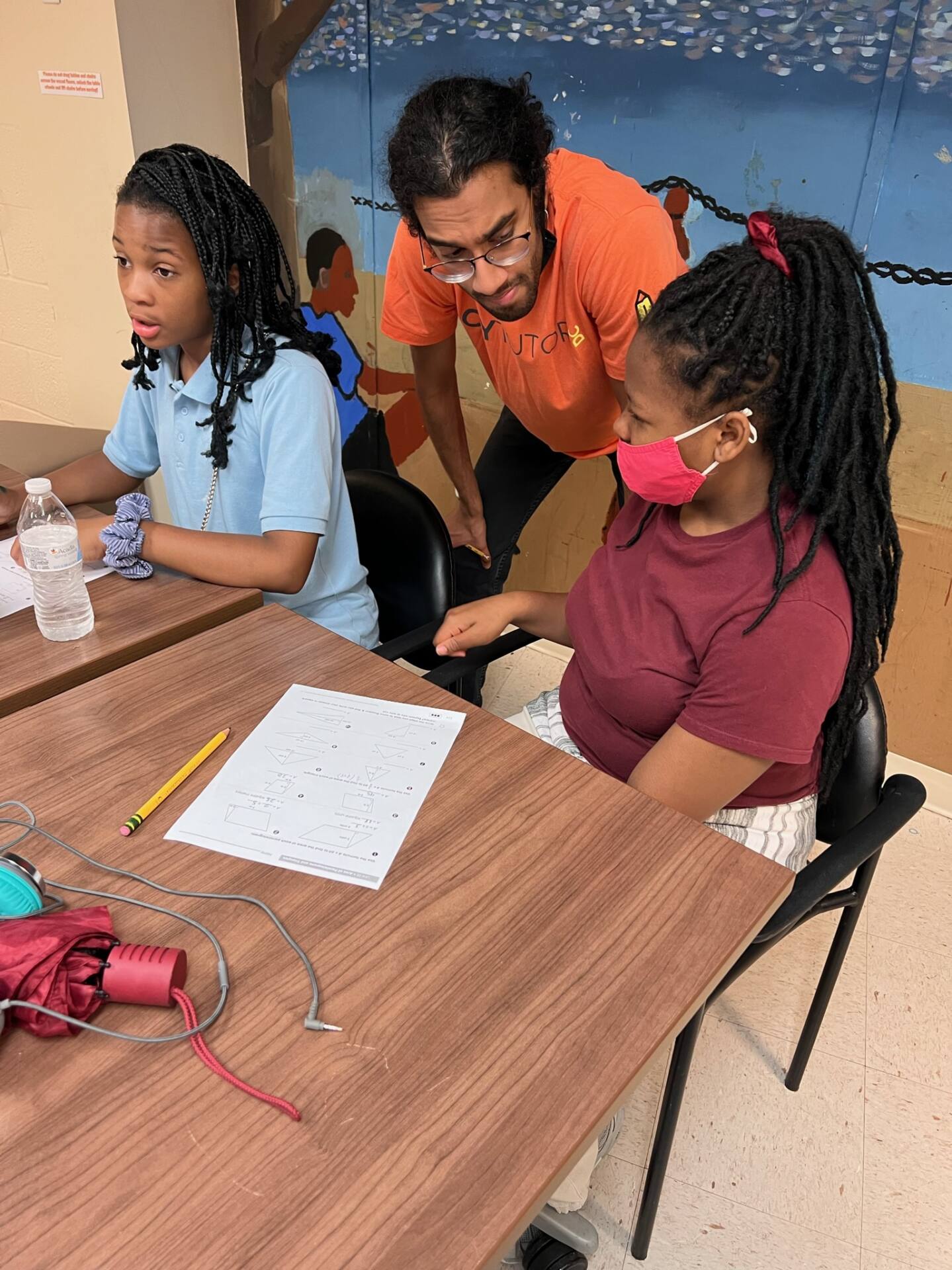
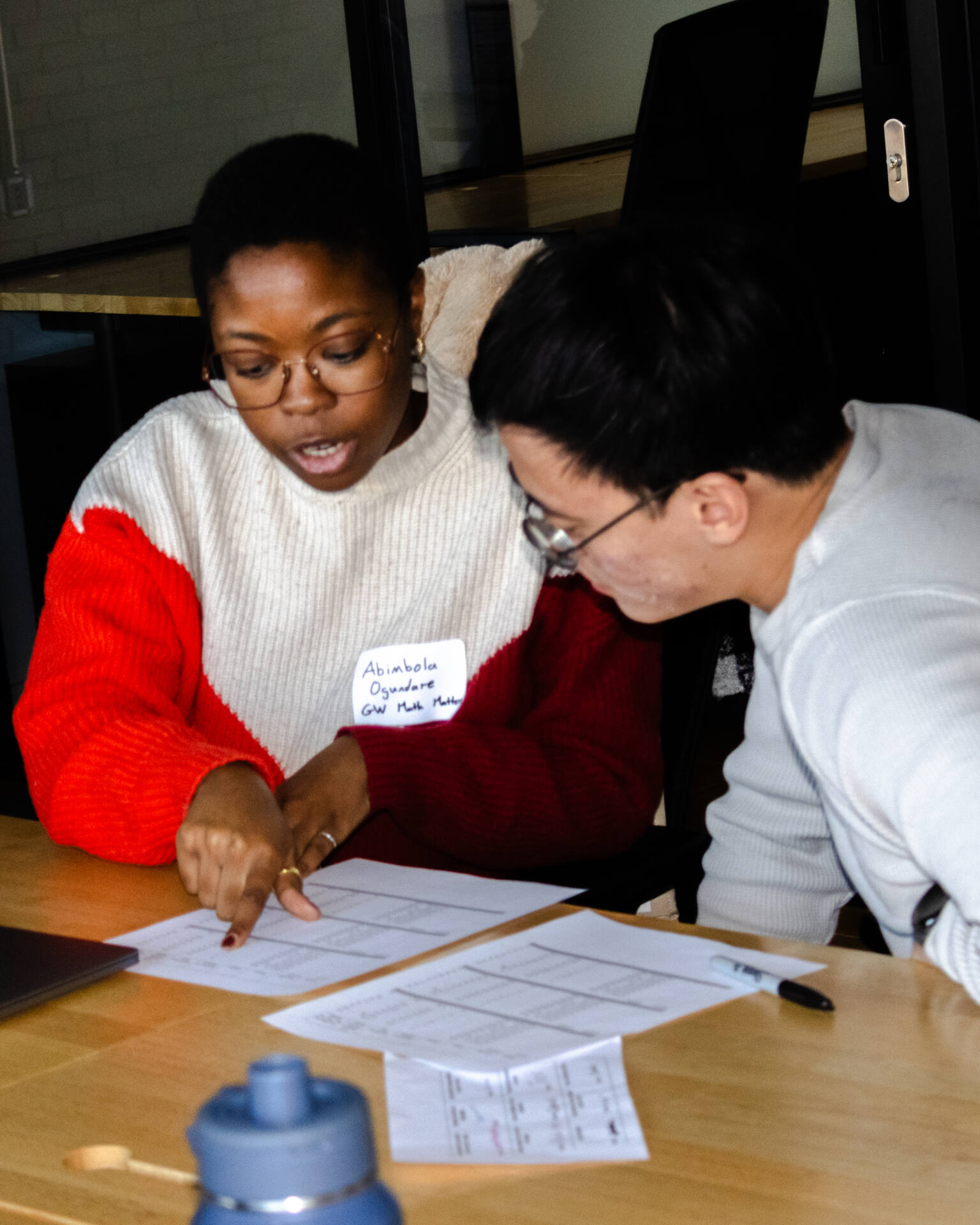
Arizona State University’s Community Educator Learning Hub offers free, self-guided nanocourses to help tutors, mentors, and caregivers build essential teaching skills. With nearly 200 short courses on literacy, math, social-emotional learning, and more, this resource makes it easy to strengthen your impact.
Khan Academy offers a vast library of free, high-quality lessons across subjects like math, science, and reading to support both tutors and students. With interactive exercises, instructional videos, and personalized learning paths, tutors can reinforce classroom concepts and help students build confidence. Explore Khan Academy to enhance your tutoring sessions and maximize student success!

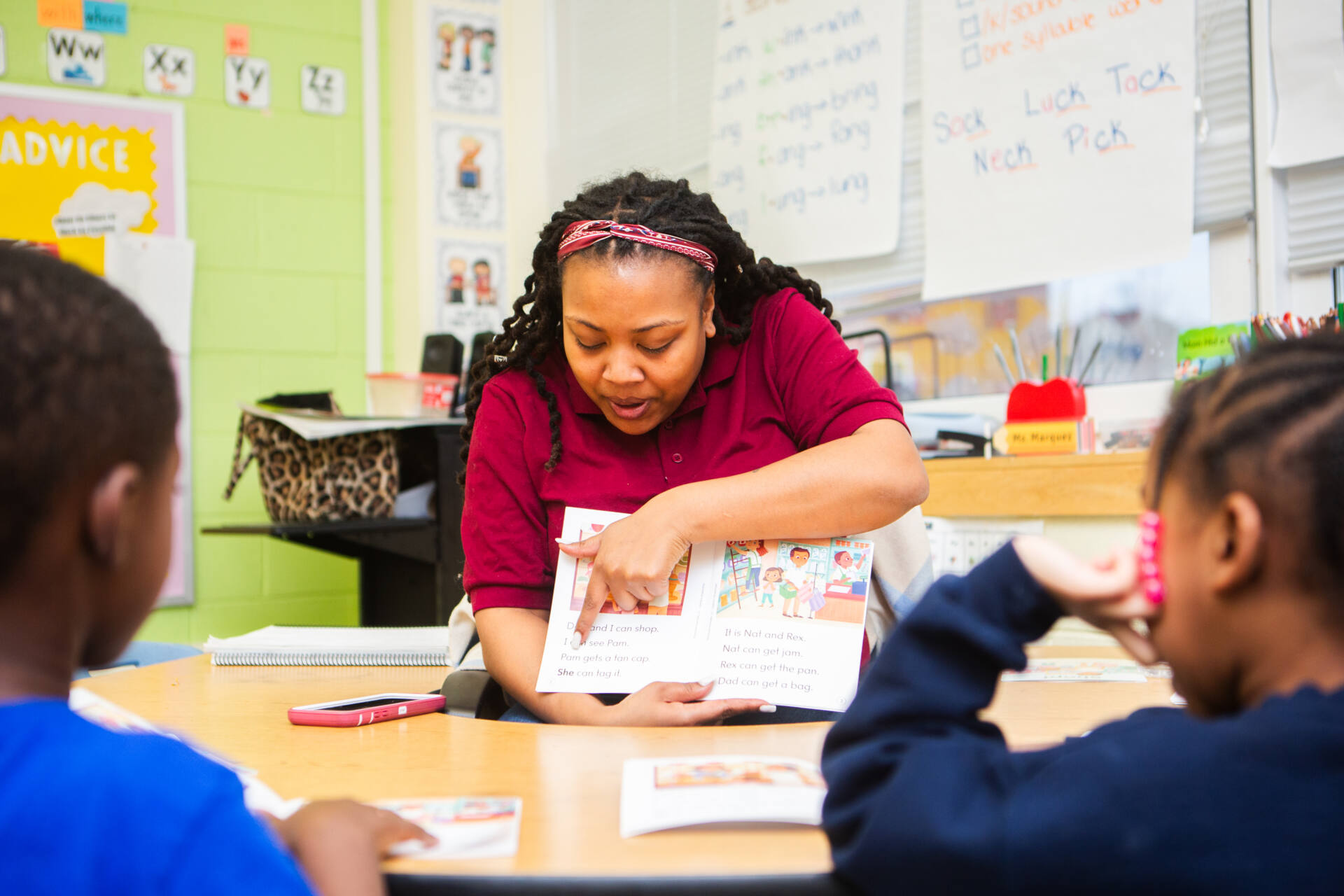
ReadWorks offers free, research-backed reading comprehension tools that are aligned with the Science of Reading. With leveled reading passages, vocabulary lists, and comprehension questions, ReadWorks helps tutors build strong literacy skills by reinforcing key strategies like phonics, vocabulary development, and comprehension. Explore ReadWorks to support your students’ reading growth with high-quality, accessible resources!
Our Math Curriculum is designed to support tutors in delivering effective, structured lessons that help students build foundational math skills. Aligned with best practices and key learning standards, it provides clear, step-by-step resources to guide tutors and reinforce students’ understanding.
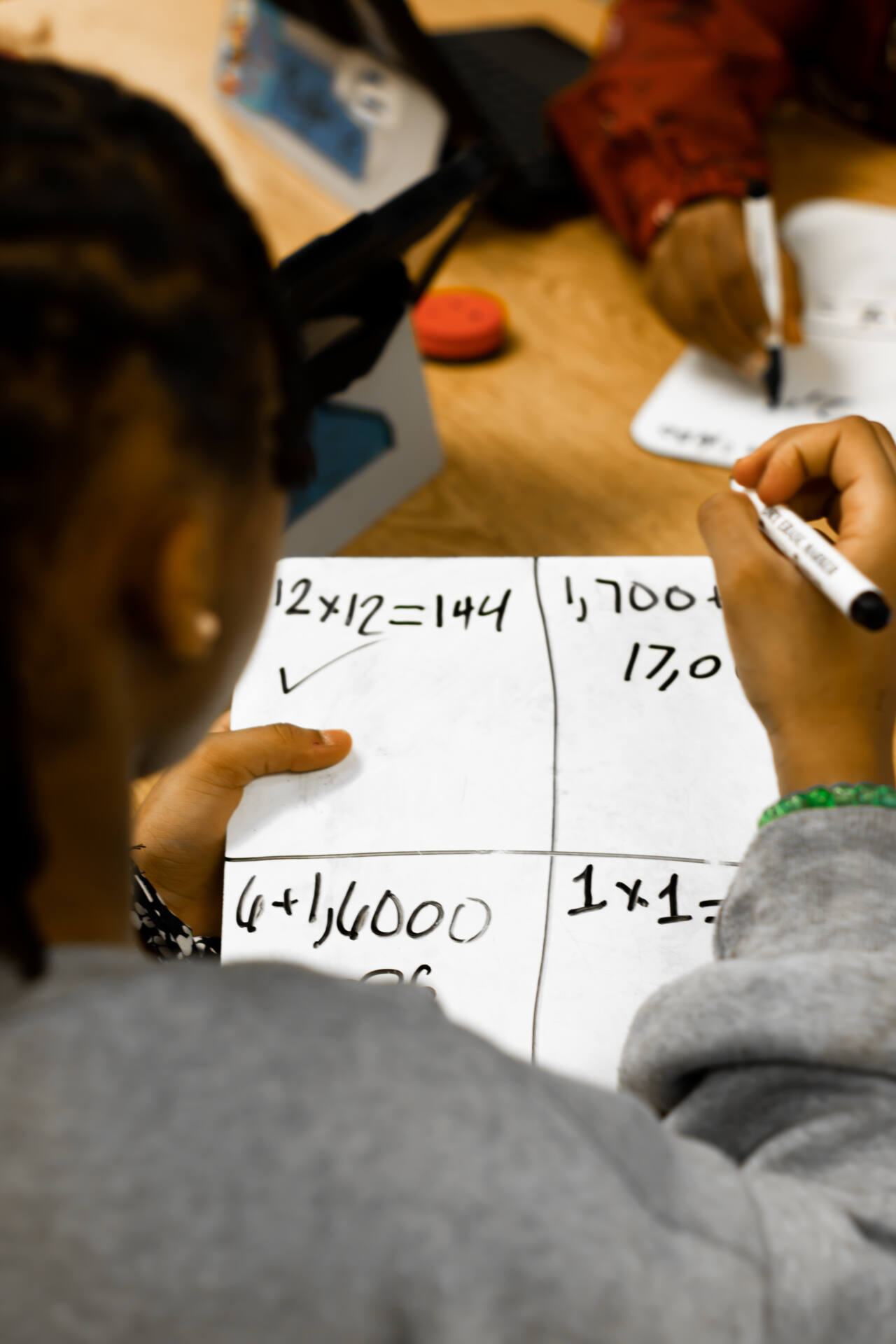
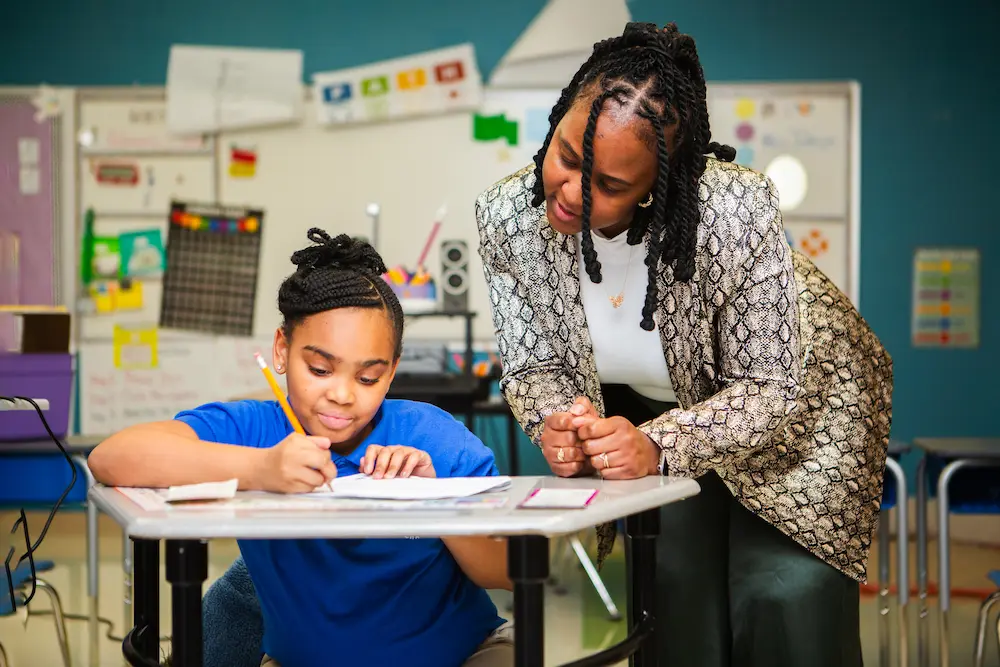
High-impact tutoring (HIT) is accessible to all DC students; however, each school or site selects students for tutoring using their own model, which may be based on student test scores, attendance, or class schedule. HIT is offered at schools, at after-school programs, or through virtual platforms. Though HIT may take a variety of forms, HIT standards help ensure tutoring across sites remains as aligned as possible.
The DC Tutoring & Mentoring Initiative connects families with trusted volunteers who provide academic support and guidance.
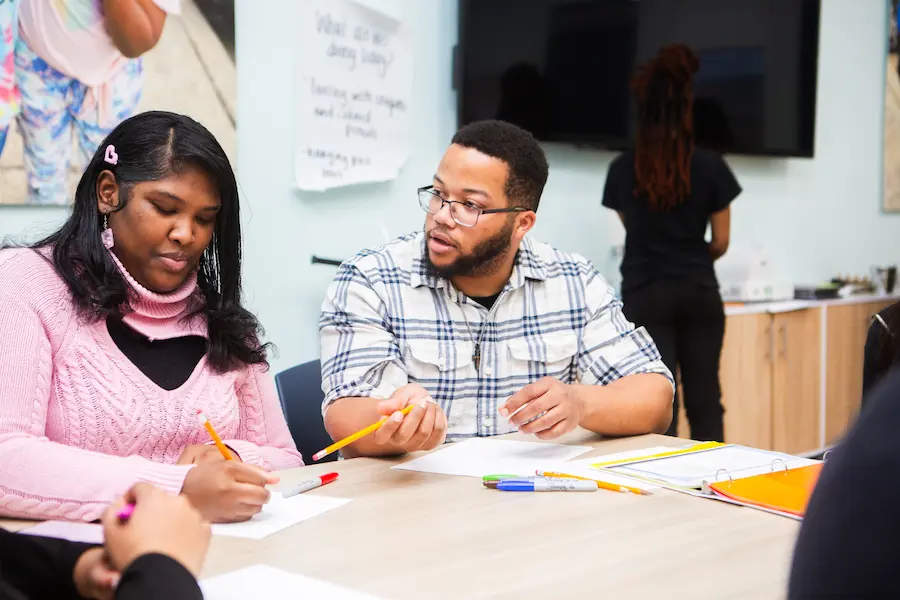
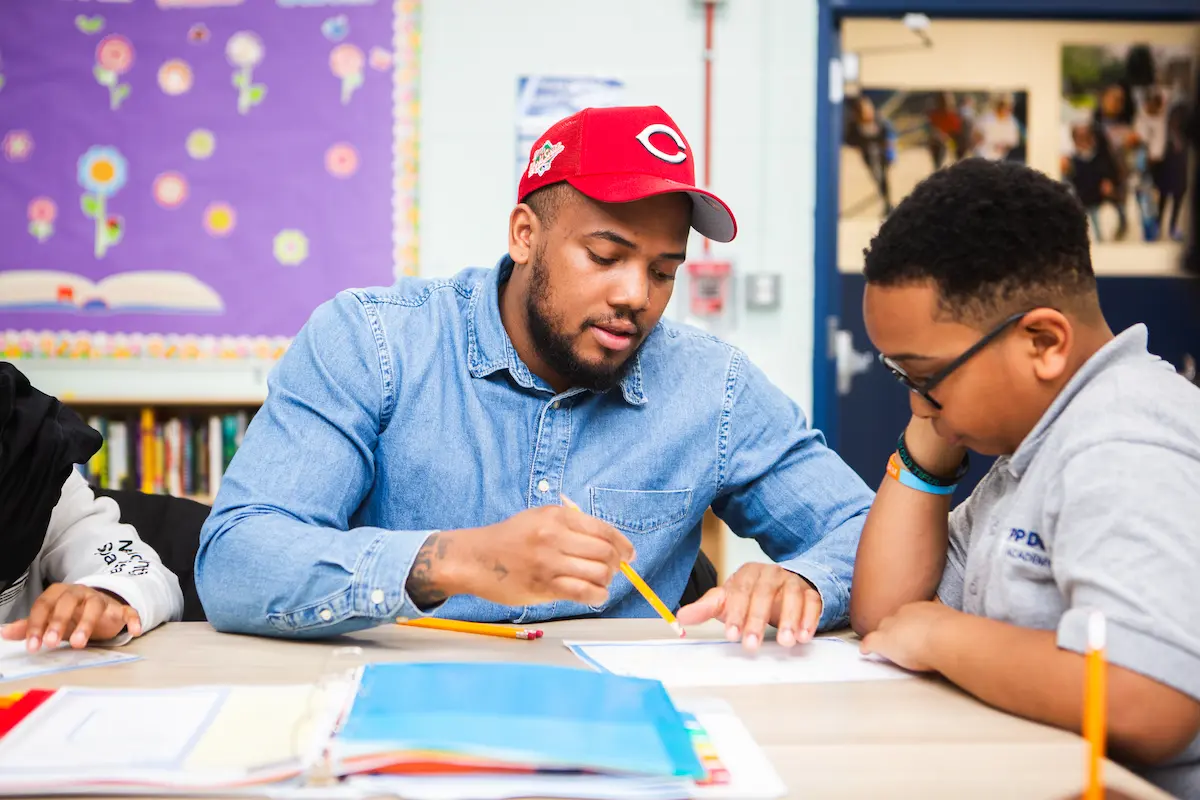
This scholarship opportunity helps DC students access high-quality summer programs at little to no cost. Eligible families can receive financial support for approved out-of-school-time (OST) programs—apply today and make summer learning fun and enriching!
Privacy Policy · Website designed by Buoy
Join CityTutor DC on Wednesday, November 20, for A Brighter Future: Learnings from Transforming Teaching, as we celebrate key findings and lessons learned during the pilot year of our Transforming Teaching Pilot (TTP) initiative.